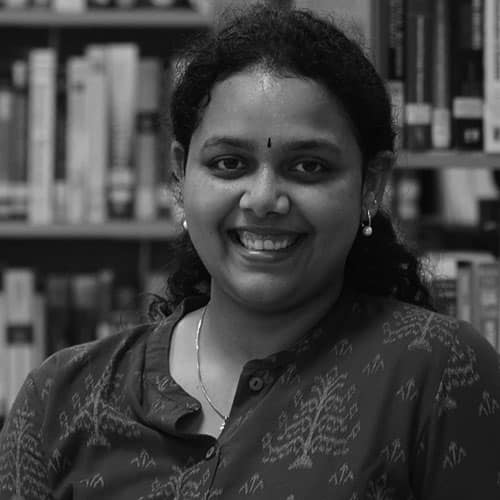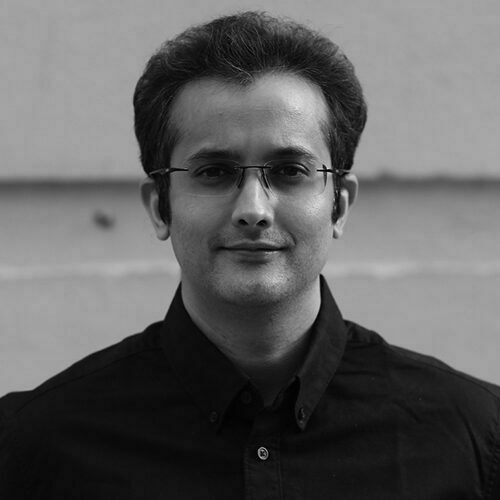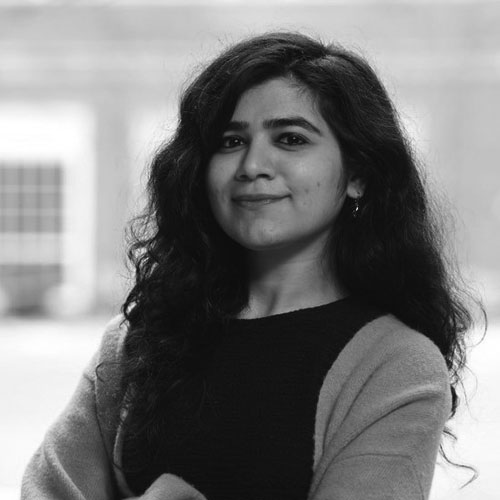Major:
To earn an Honours Degree in Economics, a student must complete either thirteen courses and a Capstone Thesis or fifteen courses and earn a total of 60 credits.
Under the thirteen-courses + capstone option,
- Eleven are Required courses (44 credits)
- Two are Elective courses (8 credits)
- A Capstone Thesis (8 credits)
Under the fifteen-courses option,
- Eleven are Required courses (44 credits)
- Four are Elective courses (16 credits)
Minor:
To earn a Minor in Economics, a student must complete six courses and a total of 24 credits (out of which):
- Principles of Economics is a mandatory course (4 credits)
- Any three of the other Required courses (12 credits)
- Any two of the other Elective courses (8 credits)
Concentration:
To earn a Concentration in Economics, a student must complete three courses and earn 12 credits (out of which):
- Principles of Economics is a mandatory course (4 credits)
- Any two of the other Required or Elective courses (8 credits)
Note: Economics is a hierarchical discipline. To enrol in advanced courses beyond the introductory sequences, completion of prerequisite courses is required. However, with permission from the Instructor and the Discipline Coordinator, it may be possible under certain circumstances to take a prerequisite course at the same time as a co-requisite.
The Krea economics graduate will effectively contribute through professional roles in the corporate sector or start-ups, in academia, public policy or think tanks, in government, and in the non- government and non- profit sectors.
| Job Roles | Organisations |
- Business analyst
- Communications specialist
- Economic consultant
- Government policy adviser
- Management consultant
- Market research analyst
- Policy analyst
- Trade/ Business manager
| - International trade organisation
- Foreign commission
- Management Consultancy
- Market Research agency
- Insurance company
- Finance organization
- Economic Policy Think Tank
- Media company
- Corporate for-profit organisation
|






